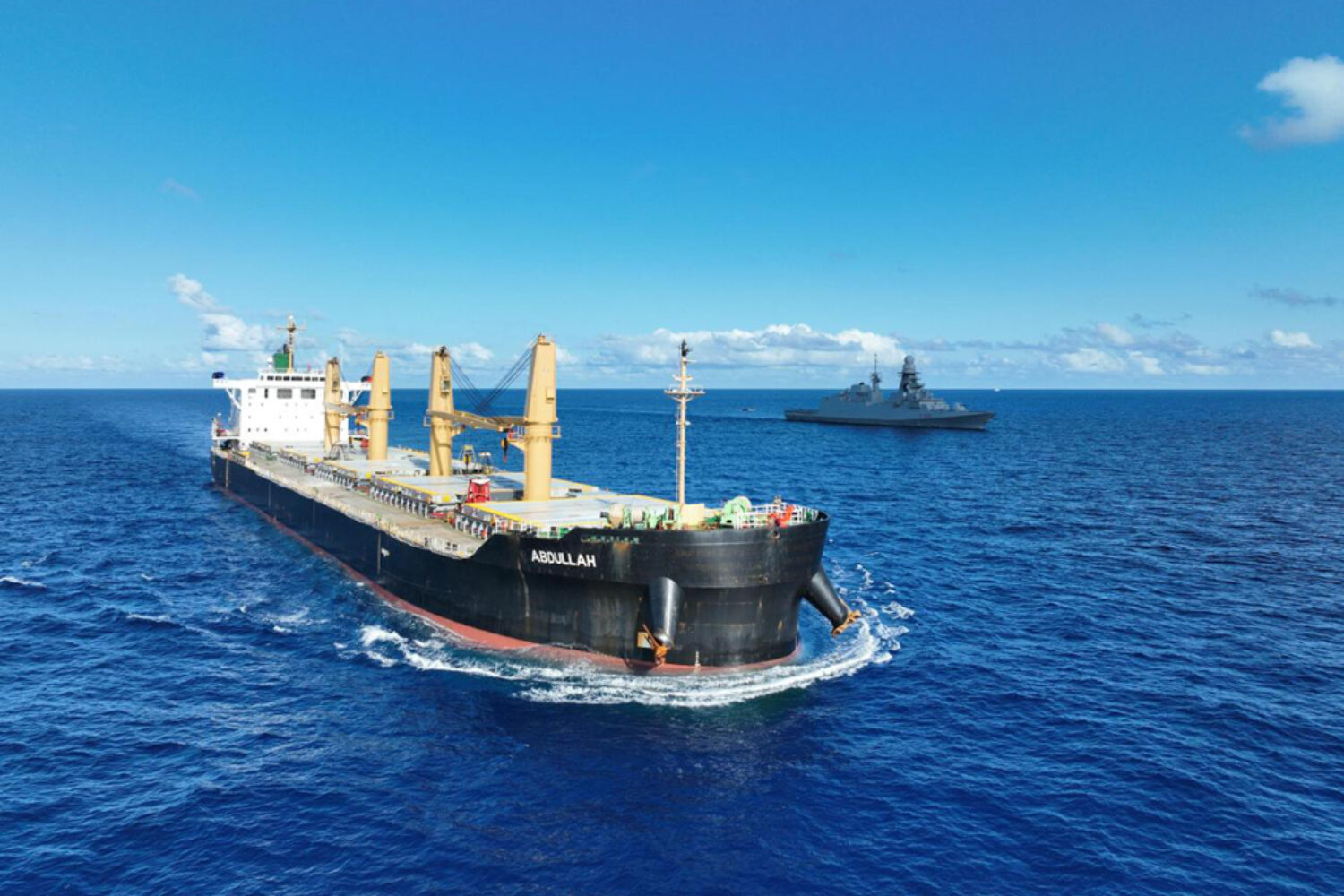Following the ransom payment for a bulker hijacked by pirates, the EU naval mission “Atalanta” warns of a flare-up of piracy off Yemen.
The EU’s “Atalanta” operation uses naval units to protect merchant shipping from pirate attacks. It now fears that there could be more attacks in the future. Pirate gangs originating from Somalia could be emboldened by the fact that a ransom of US$5m was paid for the previously captured bulker “Abdullah” and its crew of 23. The ship was hijacked on 12 March. [ds_preview]
The payment of the ransom could trigger a new wave of dhow hijackings, which in turn could be used for further attacks on merchant ships. According to the Atalanta task force, up to 18 boats have been hijacked in recent days and weeks. Six to seven of these are apparently being used as mother ships from which skiffs are sent out.
Several pirate camps on the Somali coast
In addition, several possible pirate camps have been identified on the Somali coast between Xaafuun and Garacad. The “Abdullah” and the “Ruen”, which had already been hijacked in December, were also detained off this stretch of coast. The latter had been boarded and freed by the Indian navy. Along with 35 suspected pirates which were taken to Mumbai, where they are to be tried.
All ships sailing off the Somali coast have been called upon to be more vigilant in view of the latest escalation. In addition, the end of the monsoon season could facilitate piracy activities in the region.
The return of Somali pirates is exacerbating the situation in the crisis region. In October last year, the Yemeni Houthis began attacking merchant ships in the Red Sea, and around 80 freighters have been attacked in the past six months. Most recently, the Iranian Revolutionary Guards boarded and seized a container ship, the “MSC Aries”, in the nearby Persian Gulf before it passed through the Strait of Hormuz. Both Iran and the Houthis see themselves as part of an anti-Israel coalition.













